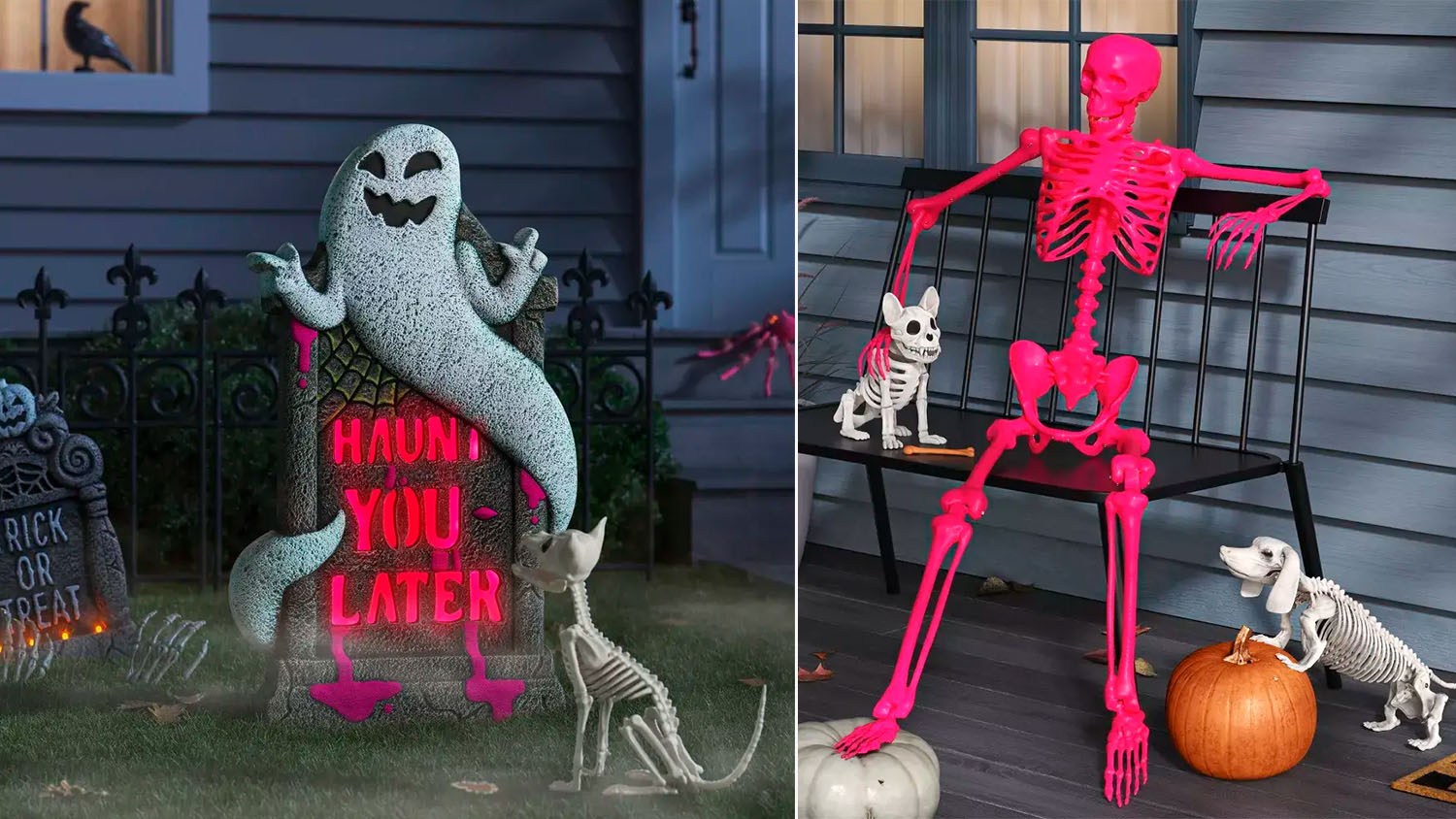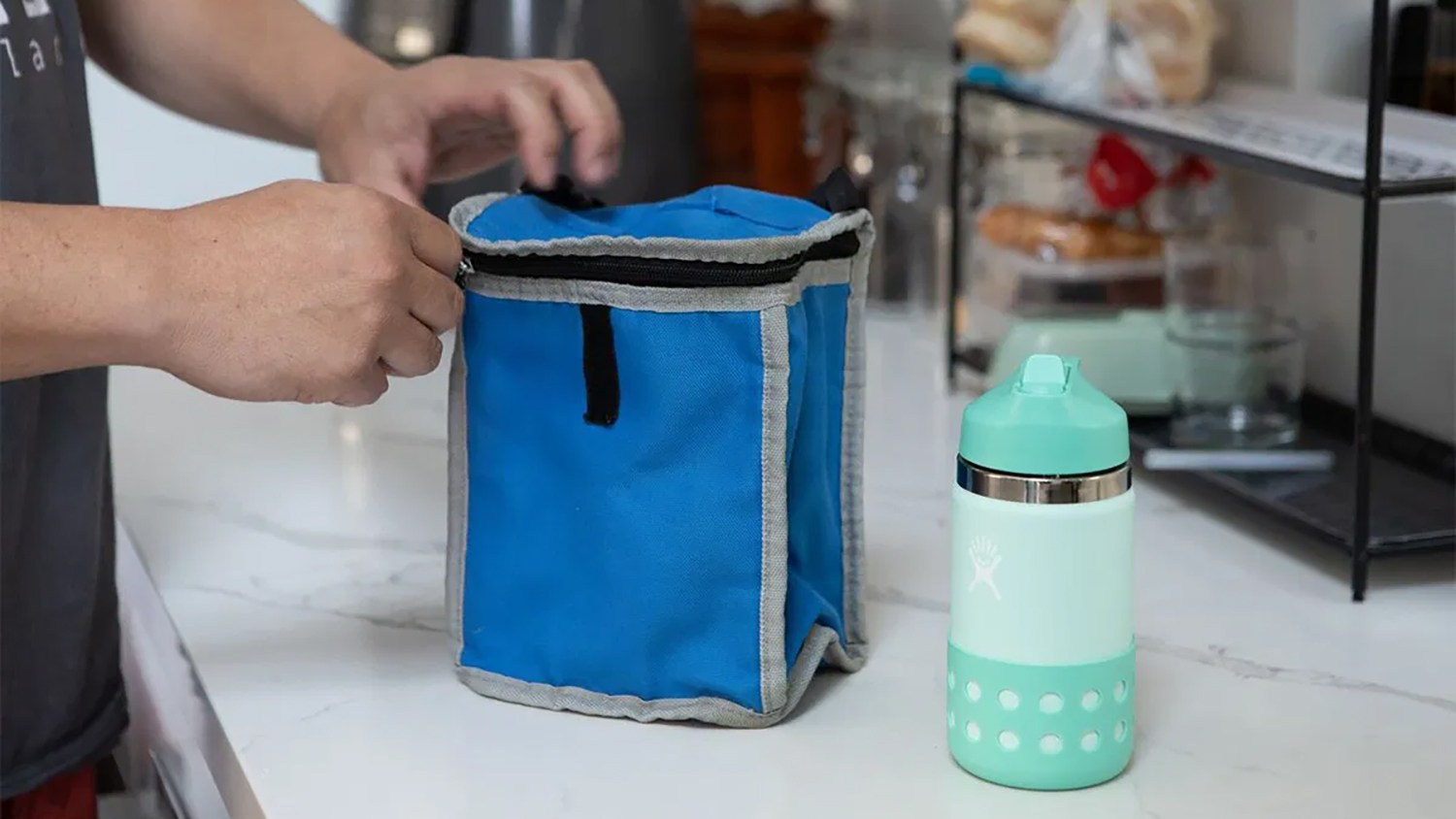PORTSMOUTH, Va. (WAVY) — Imagine experiencing the worst moments of someone else’s life — every single day at work.
That’s what many first responders do on a daily basis.
For Lisa Crouch, those traumatic experiences started to add up.
A career firefighter and paramedic, she dedicated her life to helping people in our community.
But what happened when everyone else’s traumatic events started to affect her?
“You’re afraid to go to sleep at night, because you know the nightmares are coming,” Crouch said. “So you don’t go to sleep, because you’re fighting sleep because you’re scared of the nightmares. But when you do fall asleep, you have the nightmares. And then you wake up the next day, and you’re a mess.”
Crouch spent 20 years working as a firefighter and paramedic in the Hampton Roads area. After decades of dealing with trauma, something shifted.
“The world got really dark. It was gray. There was no color, I felt no joy,” said Crouch. I had absolutely no sense of the future. It dawned on my one day that I wasn’t willing to fight to save my life.”
Doctors found nothing physically wrong, but Crouch new something was off.
Then came her first suicide attempt.
“I remember taking the pills,” said Crouch. “I had every single intention of dying.”
Her daughter and sister intervened and she wound up at the hospital. Crouch started seeing a therapist and realized she had post-traumatic stress.
“All of a sudden, this flood of forgotten calls came back,” Crouch said. “Tears running down my face, I was exhausted I was absolutely overwhelmed by emotions.”
The traumas of her job, buried for decades, came back with force.
Crouch said, “I could see their faces. I remember a mother saying ‘please don’t let me baby die’.”
She was hospitalized for three suicide attempts in 18 months. On the third trip, something changed yet again.
“Die, be miserable for the rest of my life, or I can make something good out of this hell I went through,” Crouch said.
That’s when she found Project Hope: EMS.
“This is a place for them to go to see that there are others like them and there’s support,” said Kent Meyer, who founded the online group back in 2016, after searching for a support group to help him work through his own PTSD.
He said, “I was afraid to reach out to anybody that I worked with because I didn’t want them to think I was losing my mind.”
Meyer was a paramedic for 14 years. His group has given thousands of first responders around the world a place to share, discuss and support one another.
“You feel like you’re all alone and you feel like you’re the only one in the world going through it,” said Meyer. “I wanted to offer hope to first responders.”
Meyer and Crouch will tell you the group is not a substitute for therapy or the National Suicide Prevention Hotline (I-800-273-TALK). However, it’s a way for peers to connect.
The group has also become Crouch’s way to find her new purpose.
“I’ve decided that I’m fighting back,” she said. She now shares her experiences, hoping it will help the person on the other computer.
Crouch said, “To hear them say ‘I really don’t know what I would’ve done if you hadn’t been here tonight,’ it’s amazing.”
It’s a new way to save lives for the woman who has always dreamed of helping others.
“Now I get to be a paramedic in a different form,” said Crouch.
The National Institute of Mental Health has detailed information on the signs and symptoms of post-traumatic stress. You can also find information on the Anxiety and Depression Association of America’s website.
Read Marielena Balouris’ previous report on how departments in Hampton Roads are working to reduce the number of firefighter deaths by suicide at this link.































































